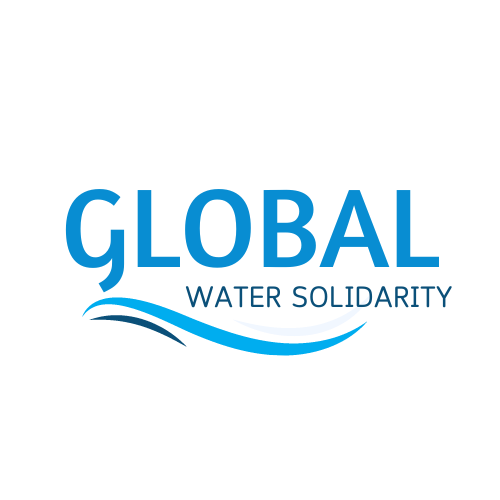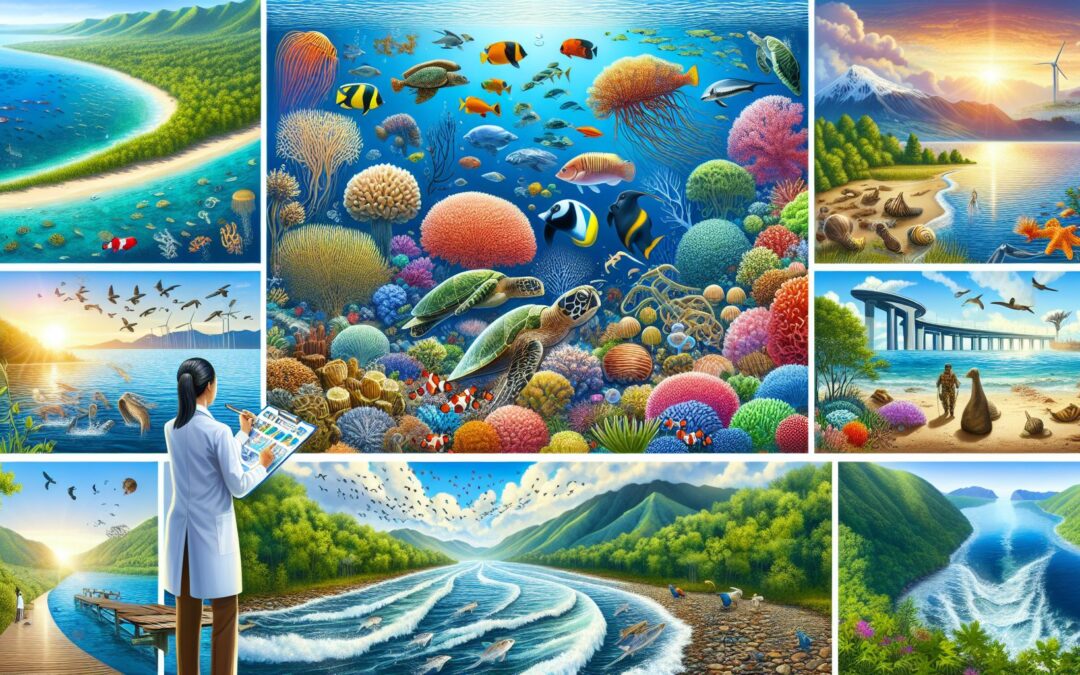Earth is henceforth known as the Blue Planet due to the dominance of water in its component. The water cycle regulates our climate, and all life forms depend on the water found in rivers, seas, and ecosystems. The sustainable management of water resources, supporting their various uses and benefits, is essential to protect our world’s life-sustaining ecosystems. However, critical threats of pollution, over-extraction, and climate change put the health of our water ecosystems at risk, and the consequences would be detrimental for all life forms.
This article aims to shed light on water’s role within ecosystems, key threats, and the importance of protecting these resources for our collective well-being and survival.
The Vital Role of Water in Ecosystems
Water is known as the elixir of life, without which no organism can survive. Ecosystems on Earth depend largely on the amount, quality, and distribution of water. Aquatic ecosystems like oceans, rivers, and lakes host an immense diversity of species. But even terrestrial ecosystems, such as forests and deserts, have unique water-based ecosystems that are critical to biodiversity.
Surface water in rivers, lakes, and wetlands and groundwater resources are vital to terrestrial ecosystems’ functioning. They provide habitats for flora and fauna, improve air and water quality, regulate climate change, and offer recreational benefits1.
Threats to Water in Ecosystems
The health of our planet’s water ecosystems is under constant threat from multiple angles. These threats have consequences not only for ecosystems but also for humans, given our reliance on these resources.
-
Water Pollution: Toxins from industrial waste, agricultural runoff, and litter contaminate water resources, thus degrading their quality, eradicating aquatic life forms, and diminishing water for human use.
-
Over-extraction: Over-fishing and poaching put enormous pressure on aquatic ecosystems, disrupting the ecological balance.
-
Climate Change Impacts: Rising global temperatures have severe impacts on water ecosystems, including changing water availability, increasing frequency of extreme weather & death of aquatic species due to ocean acidification2.
Preserving Water Ecosystems
Preventing the degradation of water ecosystems is not only an environmental commitment but also a necessity for human survival. Here’s how we can protect them:
-
ABCD: Always Be Conserving and Cleaning is a simple formula. It includes using less water, preventing the wastage of water, and making sure that pollutants are not making their way back into the water cycle.
-
Integrative Policies designed to maintain the health of our water ecosystems can significantly improve conservation efforts. Measures include sustainable fishing regulations, stricter pollution controls, and effective water management strategies.
-
Education and Awareness on the importance of preserving water ecosystems can help instill a sense of responsibility among the population.
-
Technological Innovations such as water filtration and waste-water treatment must be explored and adopted to reduce the contamination of freshwater sources markedly.
The Human-ecosystem-water Nexus
Each living entity maintains an intricate relationship with water. It’s a vital necessity for organisms to function and ecosystems to thrive. In human societal contexts, functional ecosystems provide essential services such as drinking water, food, energy, and recreation.
Preserving the health of water ecosystems is more than an environmental concern. It is about securing the long-term health of our civilizations and protecting the connected web of life on Planet Earth. Realizing the critical linkages between water, ecosystems, and human well-being is a fundamental step towards a sustainable future.
Future Perspectives
If the current trend of degradation continues, the future of our water ecosystems looks bleak. However, if appropriately managed, these ecosystems could become our best allies in the face of the current environmental crisis.
The challenge ahead is formidable, but so are the potential rewards. We need to start recognizing the value of water in our ecosystems and make concerted efforts toward conservation, restoration, and sustainable use.
It’s high time we embraced the reality that our water, our ecosystems, and our survival are inextricably linked. As we move towards a sustainable future, preserving the health of our water sources and ecosystems must top our agenda.

